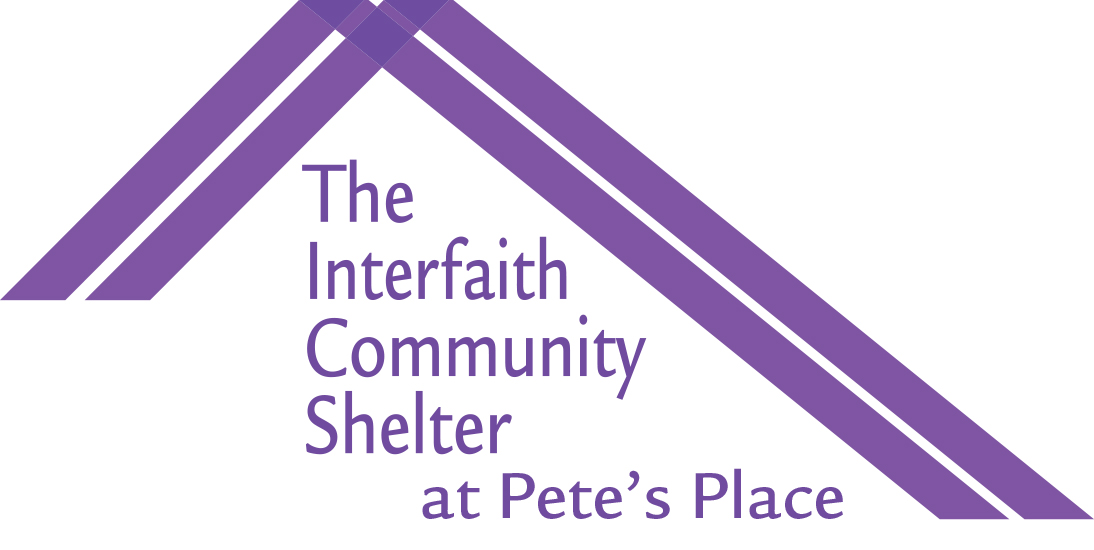 Need headline
Need headline
Joseph Jordan-Berenis
Spring 2019
The other day I heard myself say to a colleague, “It never ceases to amaze me how many of our guests tell me how blessed they feel.” At the same time, when I see our guests standing in line in the dining room waiting to be served a meal, I often find myself thinking, “Here we are in the richest country in the world and this is a crime. A real crime.” They may seem like two diametrically opposed perspectives, but they are really the flip-side of the same coin: the guest who is houseless with every belonging he or she owns stuffed into two plastic garbage bags who feels blessed and the provider who wants something better for the people he is serving.
I’m no clinician but from everything I’ve heard or seen, most of our guests are suffering from early childhood trauma that has gone unattended to. Somehow, someway, they did not get the help they deserved to get. No one really knows why two people can have the same experience growing up and one will go on to have a productive life while the other might end up in our parking lot anesthetizing their pain with a substance. Mental health and substance use are health issues low on the priority list of health concerns. Not only that, but people suffering with a mental health or substance use issue are often stigmatized and looked upon as if they are morally bankrupt in some fashion, unlike those suffering from other health issues like cancer or heart disease.
We have a forty-something year old guest who, for a long time, has been addicted to heroin. He has been clean now for more than eight months, working, and about to receive a housing voucher. Whenever he comes by the shelter to help out after Resource Day, he thanks us profusely for all the help he received at the shelter. I always remind him, “Hey, man, you’re a good guy. However you need us, we’ll help you out.” That’s our job: to welcome, embrace, acknowledge a guest’s humanity and pick them up when they fall down.
I recently read an opinion piece in the New York Times about homelessness and the byline was “Jesus never said to love the poor as long as they didn’t make bad lifestyle choices.” After all, no matter how you cut it – whether the guest has housing or is houseless, clean from substance use or using, working on a mental health issue or not – they are doing all the hard work. Our job is much simpler; to be there for them without judgement, however they may need us. That’s a sentiment I think we can all agree fits in very nicely with the spirit of this holiday season.
Peace
Joseph Jordan-Berenis
